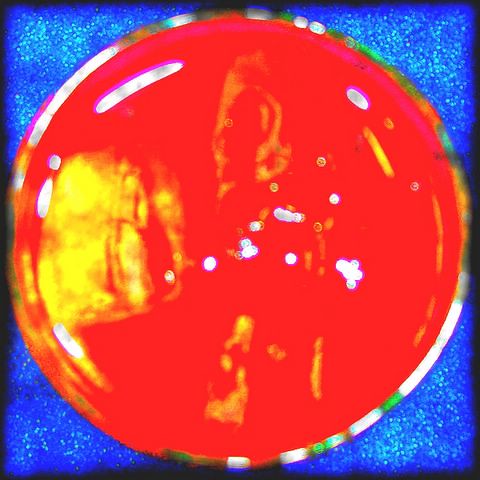(from prompt #21 in The 3 AM Epiphany)
Read my response:

"Heavenly Blue" by tata aka T
I am blue and two pieces. My stitching shows, the thread is a contrasting shade of blue on blue. A tiny bird, mid-flight, is on my left side, just above the heart.
I am all about tits and ass; I am a collection of strings to tie the two, or three, together. The four if you want to be honest.
He bought me for $40 just before going to Mexico. He picked me out, ran his fingers along the back of the ass and checked the size. XS stands for extra small, he was told if he found that to get it, and so he did. I was his as much as I'd ever be. I don’t know how much thought went it all, into purchasing me, because it was all taken care of quickly and without a lot of talk. The important thing was that I fit, and I did.
That’s why I was kept, even after he left. I go well with lots of things. I look good with a white skirt on a hot summer day. As subdued as I am, a dark navy, I do not go unnoticed. I turn heads, I am small but hardy, I cover what’s to be covered without letting go. I do not get loosed no matter how strong the wave. But I am best and most effective in the sun.
Since that spring, four or five years ago, I’ve been to Mexico a few more times. I’ve been to San Francisco, I spent a little time in Colorado and Arizona. I’ve been taken off by different hands, quickly pushed about, slowly unknotted, mischievously pulled from behind. The same two hands always put me back, always tie me up with a bow.
The first time I was used, I didn’t get wet. I was put on, and he—the guy that bought me—smiled appreciatively, said I looked great, asked if I was okay. He was nervous: he’d never done that for a girl before. Lucky I worked out, otherwise there’d have been some trouble in Mexico, and not just at the beach. But he did a good job with me. When I did eventually get in the water, it was supremely satisfying; I’d had some time to adjust, being worn about town under clothes and by myself, sunbathing. So when I went all the way in, at the beach, I was already comfortable; I could enjoy body-surfing in the waves without concern for how I looked, without wondering if I’d fall off or come undone.
I don’t know how many times I’ve been in the water now, hot tubs and hotel pools and lakes and even river rafting. I’m surprised I’ve held up this long, but I guess that’s the test of quality: I’ve gotten better, more adaptable without losing any of my strength. I’m cut simply, but well. Like I said, I hold up well. Especially the tits.
As long as I’ve been around—relatively speaking, as my kind don’t last long, four or five years is an eternity—I know that I’ll be done soon. There’ve been good times, I’ve had fun, but soon I’ll be replaced with something more demure, a little thicker; bands and straps instead of strings. I go out less as it is, and I’m stretched out.
If I’ve been provocative yet tasteful, functional yet fun and all the rest, then I can retire proudly, with my stitches showing and with wings spread over the heart.












